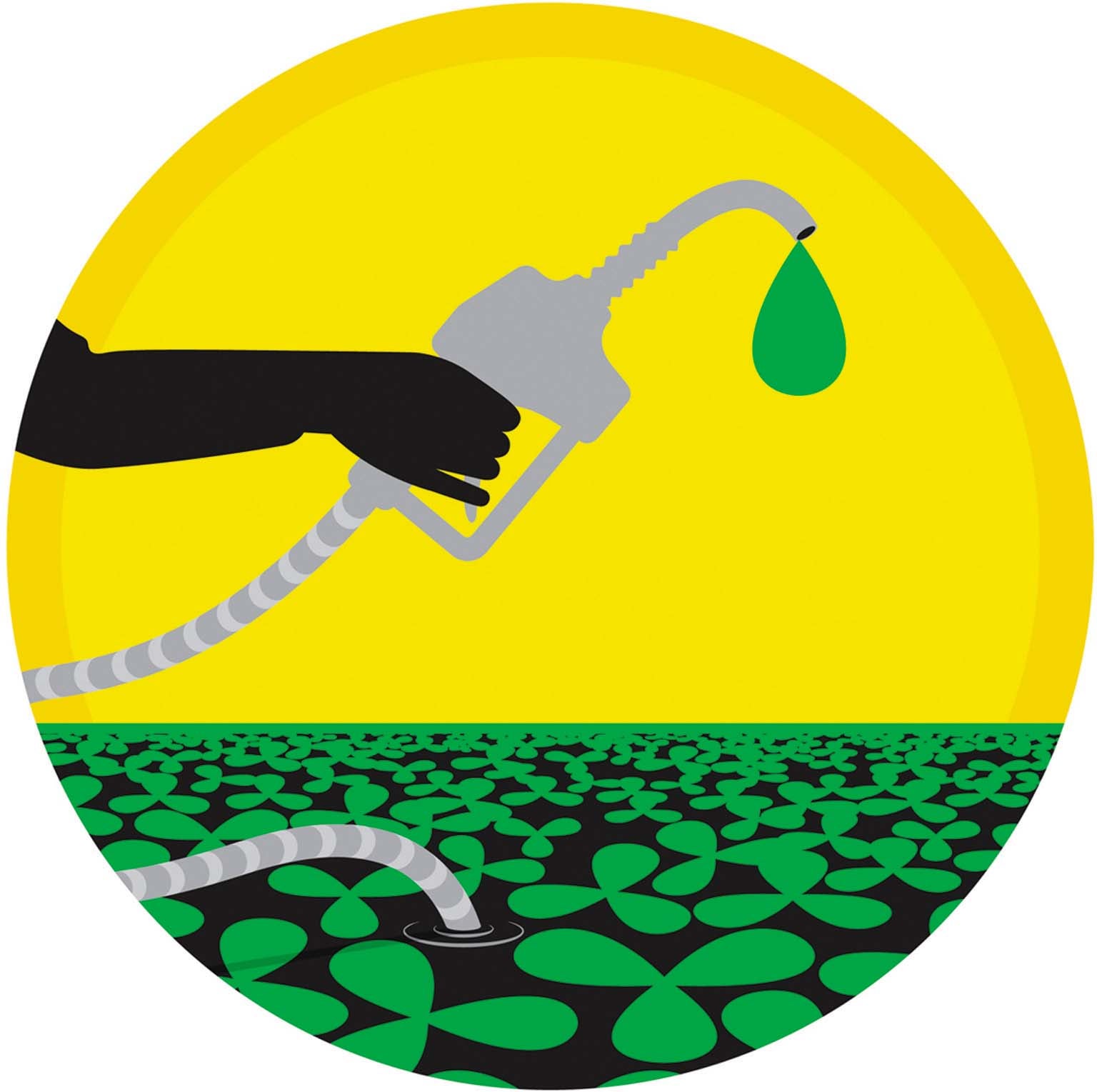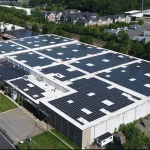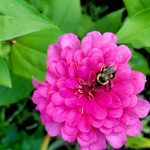Scientists have discovered a way to extract large amounts of oil from duckweed, one of nature’s fastest growing aquatic plants. Converting such vegetable oils into biodiesel for transportation and heating could be a big part of a more sustainable future.
for new research Journal of Plant Biotechnology, researchers genetically engineered duckweed plants to produce seven times more oil per acre than soybeans, the most commonly used biodiesel-producing plant today. Brookhaven National, U.S. Department of Energy Research lead author John Shanklin, a biochemist at the institute, said further research could double artificial duckweed oil production in the next few years. Shanklin and his colleagues conducted this study with researchers at his Harbor Laboratory in Cold Spring, New York.
Unlike fossil fuels, which take hundreds of millions of years to form underground, biofuels can be replenished faster than they are used. Fuels made from virgin and used vegetable oils, animal fats and algae can have a lower carbon footprint than fossil fuels depending on how they are sourced, but there has been a recent backlash against them. , as so many crops are now used for energy production rather than food. Biofuels occupy more than 100 million acres of his farmland around the world.
Duckweed is common on every continent except Antarctica and one of the most productive plants per acre in the world, and researchers believe it is an innovative renewable plant for three main reasons. suggested that it could be a source of energy. First, it grows easily in water, so it does not compete with food crops for prime agricultural land. and may purify some of the nitrogen and phosphorus such poultry farms release into the water.

Third, Shanklin and his team have found a way around a major biotechnological hurdle. Green plants that have been grown for a long time usually spend a lot of energy on petroleum… stop producing and growing. For the new study, the researchers say, the plant is initially inactive by introducing a specific molecule only when it’s finished growing, “turning it on like a light switch.” We added an oil-producing gene that
The process “worked very well,” says Roston. “If it replicates in other species, then there’s no reason to think it won’t replicate. We can solve one of our biggest problems.”
Scaling up production to an industrial level would require scientists to design and manufacture large-scale vessels for growing artificial plants and extracting oil. Duckweed is a difficult challenge because it is a fringe crop with little existing infrastructure, Shanklin said.










